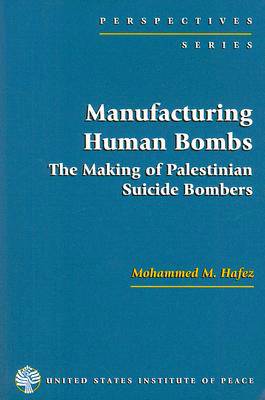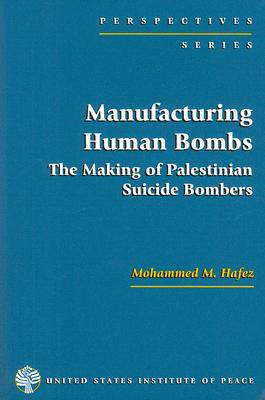
Bedankt voor het vertrouwen het afgelopen jaar! Om jou te bedanken bieden we GRATIS verzending (in België) aan op alles gedurende de hele maand januari.
- Afhalen na 1 uur in een winkel met voorraad
- Gratis thuislevering in België vanaf € 30
- Ruim aanbod met 7 miljoen producten
Bedankt voor het vertrouwen het afgelopen jaar! Om jou te bedanken bieden we GRATIS verzending (in België) aan op alles gedurende de hele maand januari.
- Afhalen na 1 uur in een winkel met voorraad
- Gratis thuislevering in België vanaf € 30
- Ruim aanbod met 7 miljoen producten
Zoeken
€ 15,45
+ 30 punten
Omschrijving
Explores the case of Palestinian suicide bombers during the Al-Aqsa intifada that began in 2000. Drawing on research in the West Bank and Israel, this book shows an intricate web of factors that fueled the campaign of suicide attacks, and argues that we must examine the interrelation among the motives of the individual 'martyrs'.
Specificaties
Betrokkenen
- Auteur(s):
- Uitgeverij:
Inhoud
- Aantal bladzijden:
- 141
Eigenschappen
- Productcode (EAN):
- 9781929223725
- Verschijningsdatum:
- 1/03/2006
- Uitvoering:
- Paperback

Alleen bij Standaard Boekhandel
+ 30 punten op je klantenkaart van Standaard Boekhandel
Beoordelingen
We publiceren alleen reviews die voldoen aan de voorwaarden voor reviews. Bekijk onze voorwaarden voor reviews.









